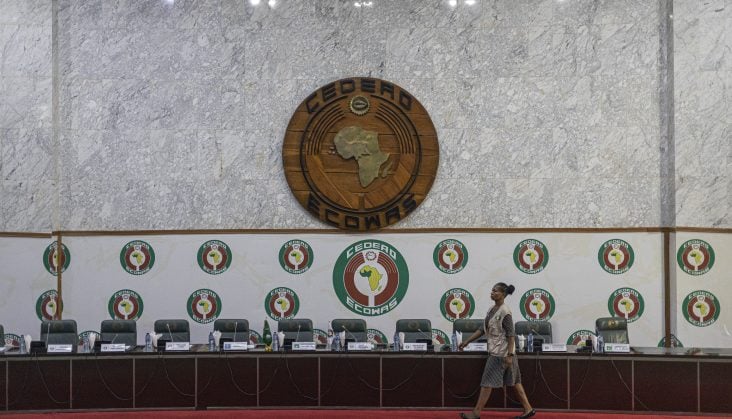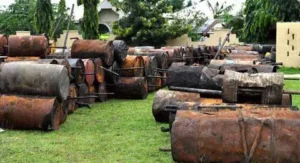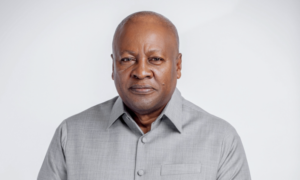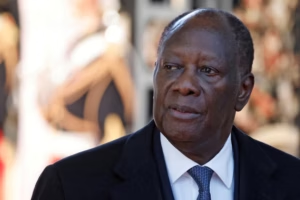
Ecowas, of which Niger is a member, says it could resort to imposing sanctions on the junta as well as the use of force in response to the coup.
West African leaders on Sunday gave the military junta in Niger one week to cede power, warning they did not rule out the “use of forceâ€, and imposed immediate financial sanctions.
The 15-nation Economic Community of West African States (Ecowas) demanded the “immediate release and reinstatement†of elected President Mohamed Bazoum, who has been held by the military since Wednesday.
“In the event the authorities’ demands are not met within one week [Ecowas will] take all measures necessary to restore constitutional order in the Republic of Niger,†the bloc said in a statement after its summit in Abuja, Nigeria, on Sunday.
“Such measures may include the use of force. For this effect, the chiefs of defence staff of Ecowas are to meet immediately.â€
Earlier on Sunday, the leaders of Niger’s military coup said they believed Ecowas was on the point of staging a military intervention in the capital of the Sahel country.
Speaking ahead of the Ecowas crisis summit on Niger on Sunday, the junta said: “The aim of this meeting is to approve a plan of aggression against Niger, in the form of an imminent military intervention in Niamey, in cooperation with African countries who are not members of the regional body and certain Western nations.â€
The statement was read out on national television by Amadou Abdramane, a member of the junta.
Last year, Ecowas leaders agreed to create a regional security force to intervene against jihadists and prevent military coups. Details on how that force would work and its funding are still unclear, with Ecowas defence ministers expected to make decisions later this year.
Ahead of Sunday’s gathering, US Secretary of State Antony Blinken spoke with the Ecowas chair, Nigerian president Bola Tinubu, to convey his “deep concern†over the situation in Niger, and “underscored his support for President Tinubu’s continued efforts to restore constitutional order†there.
The US – which has about 1,000 troops in Niger – has offered Bazoum Washington’s steadfast support and warned those detaining him that they were “threatening years of successful cooperation and hundreds of millions of dollars of assistanceâ€.
Former colonial ruler France, and the European Union, have already suspended security cooperation and financial aid to Niger.
Niger’s neighbours Mali and Burkina Faso have both undergone two military coups since 2020, fuelled by anger at a failure to quash long-running insurgencies by jihadists linked to the Islamic State group and Al-Qaeda.
Meanwhile, the African Union (AU) has given the military two weeks to restore “constitutional authorityâ€.
The AU condemned the coup in “the strongest terms possible†and expressed deep concern over the “alarming resurgence†of military overthrows in Africa.
Abdourahamane Tchiani, the commander of Niger’s presidential guard, was installed as head of state on Friday by a governing council set up by the military forces that toppled Bazoum.
Tchiani said the putsch was a response to “the degradation of the security situation†linked to jihadist bloodshed as well as corruption and economic woes.
Landlocked Niger often ranks last in the United Nations Human Development Index, despite vast deposits of uranium. It has had a turbulent political history since gaining independence in 1960, with four coups as well as numerous other attempts – including two previously against Bazoum.



